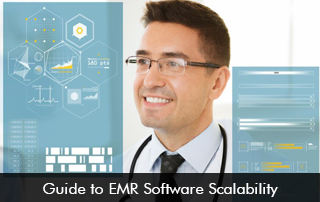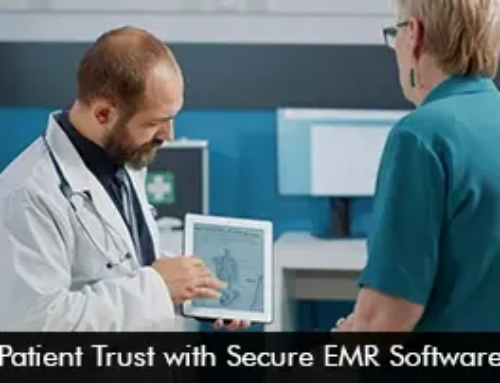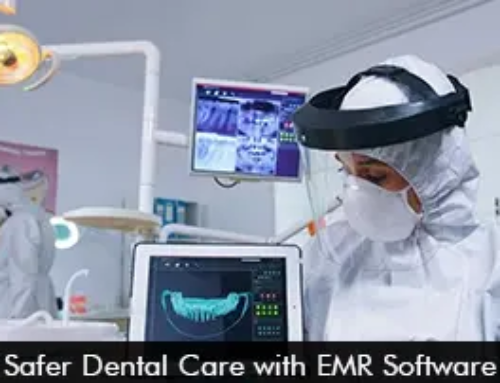The Electronic Medical Records (EMR) Software solution a practice chooses must be scalable. Since healthcare organizations have growth goals scalable software will always meet the changing requirements of practice and is ready to support it in the future.
When clinics or hospitals grow, they deal with more patients, need to get more providers on board and require robust, flexible, and scalable EHR Software that can respond effectively to new needs.
What is EMR Software Scalability?
EMR Software scalability is when the existing software can scale up or expand when your practice grows. Different clinics can open up, and patient populations may increase requiring a software solution that can adapt to these changes without reducing the quality of care.
Features Present in a Scalable EMR System
The following tools are offered by a scalable electronic medical records software to support practice growth smoothly:
- The software has specialty-specific workflows hence practices don’t have to worry about building new templates, and going through unnecessary options which can be time-consuming.
- A single, comprehensive, and unified platform will allow practices to connect easily with the larger healthcare environment. Practices may have greater control over patient engagement, and revenue cycle when processes are centralized.
- The degree of customization offered by the Electronic Medical Records Software helps to simplify workflows.
Advantages of a Scalable EMR Software Solution
A scalable Electronic Health Records (EHR) Software can empower practices to get more patients, and providers, and boost patient engagement efforts. A scalable cloud EMR system provides access to patient data without being tied to the work desk and offers the benefits of automatic updates and simple compliance.
When a practice has deployed a scalable health IT solution then they can easily focus on patient care as workflows are simplified keeping staff burdens at bay.
With scalable technology, practices can boost patient engagement by using patient portals, and self-scheduling tools. When communication is streamlined and automated healthcare providers can effectively engage with a greater number of patients, ensuring there are no gaps in communication and care. This can in turn enhance patient satisfaction scores and health outcomes.
Challenges of Scaling the EHR Software System
The most common challenge or concern of scaling your EMR software is the fragmentation of different functionalities across multiple vendors or systems. This can be addressed by improved and strong interoperability options to offer seamless connection with third parties and easy exchange of data.
Secondly, a clunky software interface can impact the user’s ability to quickly retrieve patient data from a vast number of sources at the point of care. Smart and user-friendly layout features can minimize the number of clicks and hassle to find what the provider is looking for.
Cloud Hosting – A Scalable Solution
Cloud EHR Software provides features that are the building blocks for scalability. For example, cloud hosting allows practices to access large amounts of data from anywhere. The initial software investment costs are lower as there is no need to purchase and maintain hardware. Cloud solutions offer automatic updates, better security, and a large storage capacity which are critical when health systems are growing.








